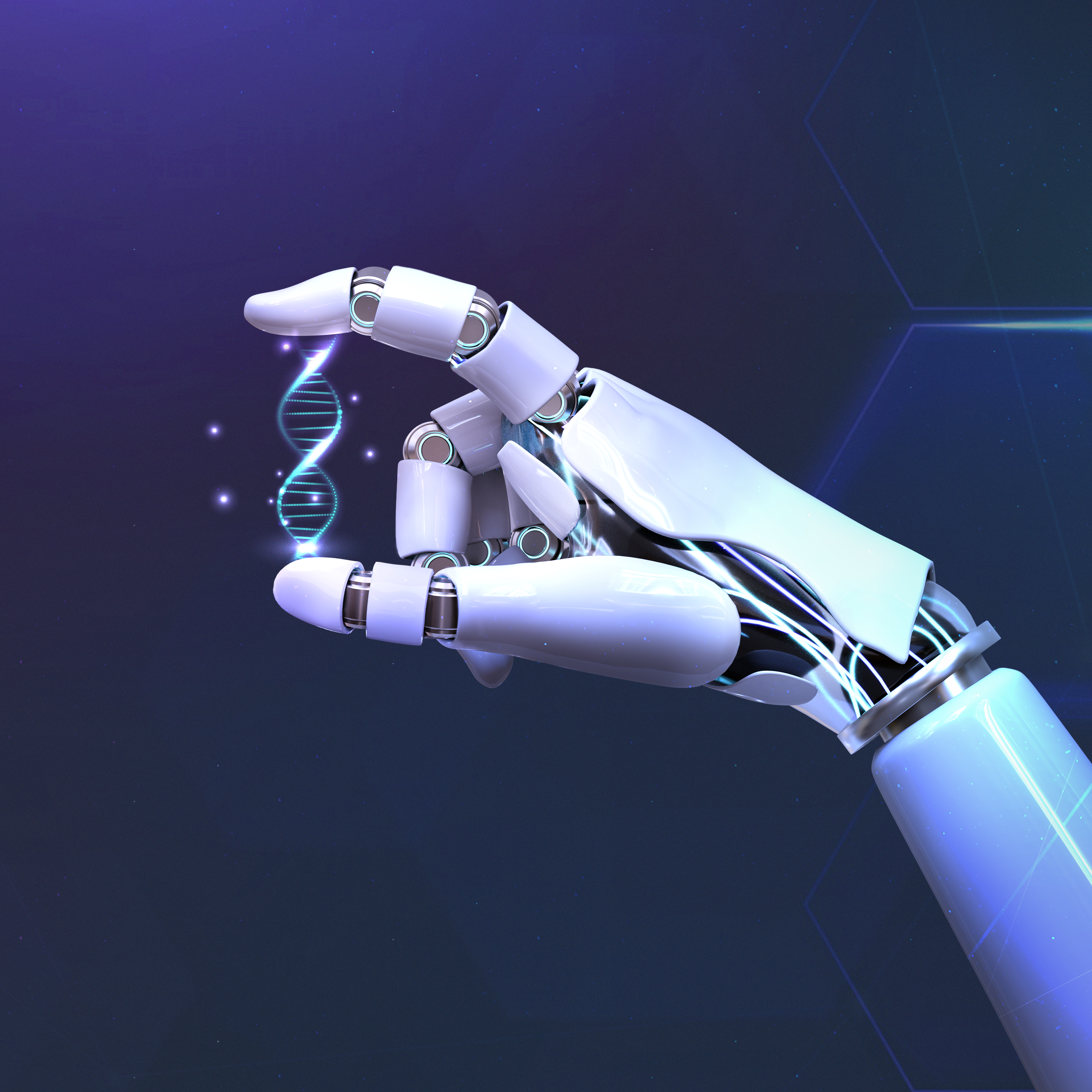
The Future Unleashed: Artificial Intelligence and Biotechnology Join Forces to Dominate the World
Introduction
The rapid advancement of technology has paved the way for groundbreaking innovations that are reshaping our world. Among these, two fields have emerged as frontrunners in revolutionising various industries and sectors—Artificial Intelligence (AI) and Biotechnology. Individually, these fields have already made significant strides, but it is their synergy that holds the potential to transform our society and dominate the world in the upcoming years. If you're passionate about this exciting domain, pursuing a master's degree in biotechnology can propel your way toward a brighter future. In this blog, we will explore how the convergence of AI and Biotechnology is poised to revolutionise healthcare, agriculture, manufacturing, and beyond.
AI, Biotechnology, & Biotechnology Courses Revolutionising Healthcare
Healthcare is one of the most promising domains where AI and Biotechnology are making waves. AI algorithms can analyse vast amounts of patient data, identify patterns, and generate valuable insights for diagnosis and treatment. By integrating AI with biotechnology, scientists can expedite drug discovery processes, predict the effectiveness of potential treatments, and personalise medicine based on an individual's genetic makeup. This combination enables more accurate diagnoses, targeted therapies, and ultimately, improved patient outcomes.
Furthermore, AI-powered robotic systems are transforming surgical procedures, enabling precise and minimally invasive interventions. These robots, combined with biotechnology advancements such as 3D printing of human organs and tissues, are paving the way for regenerative medicine and organ transplantation on an unprecedented scale. The convergence of AI and Biotechnology offers a future where diseases that were once incurable may become manageable or even eradicated.
Similarly, if you're considering a Bachelor of Science (BSc) degree in biotechnology, it's crucial to understand the scope and potential career paths available after graduation. Biotechnology courses are increasingly intertwined with the field of Artificial Intelligence (AI). As AI continues to advance, its integration with biotechnology has the potential to revolutionise research, drug discovery, and healthcare. Biotechnology courses now often include modules on AI applications, such as data analysis, machine learning algorithms, and predictive modeling. Additionally, AI-powered automation and robotics enhance efficiency in biotechnology laboratories, enabling faster experimentation and analysis.
Enhancing Agriculture and Food Production
The fusion of AI and Biotechnology also holds great potential for revolutionising agriculture and food production. With the global population projected to reach 9 billion by 2050, ensuring food security is a significant challenge. AI can help optimise crop yield and quality by analyzing data from various sources like weather patterns, soil conditions, and pest outbreaks. By integrating AI with biotechnology techniques like gene editing, scientists can develop crops that are resistant to pests, diseases, and environmental stressors, ensuring sustainable food production in the face of climate change.
Biotechnology also enables the production of alternative food sources through cellular agriculture. AI can aid in optimizing the growth and nutritional profiles of lab-grown meat, fish, and dairy products. This convergence has the potential to address the increasing demand for protein while reducing the environmental impact of traditional livestock farming.
Transforming Manufacturing and Industry
The combination of AI and Biotechnology is set to revolutionize manufacturing and industry by enabling smarter and more efficient processes. AI-powered robots and automation systems can streamline production lines, reduce errors, and enhance productivity. Biotechnology, on the other hand, can offer sustainable and eco-friendly materials through processes like biofabrication and bioengineering.
For instance, AI algorithms can optimize the development of materials with desired properties, such as lightweight and high strength, by analysing vast databases of material properties and performance. Biotechnology techniques, like synthetic biology, can then be employed to manufacture these materials using sustainable and renewable resources. The result is a paradigm shift towards greener manufacturing processes that are both economically viable and environmentally friendly.
Conclusion
The fusion of Artificial Intelligence and Biotechnology heralds a new era of possibilities. Together, they have the power to reshape our society and dominate the world in the upcoming years. Similarly, the scope of BSC in biotechnology is vast, encompassing sectors such as healthcare, agriculture, pharmaceuticals, and environmental sciences, through artificial Intelligence. By leveraging the vast potential of AI and the precision of Biotechnology, we can unlock groundbreaking advancements that will enhance human well-being, drive sustainability, and propel us toward a brighter future.
Explore the powerful alliance between Artificial Intelligence and Biotechnology, revolutionizing industries and shaping a limitless future.
Made it this far? That means you're curious—and we love that! Ready to test your passion for biotechnology? Click below to find out 👇🏻
Biotechnology Aptitude Test




Your email address will not be published. Required fields are marked *